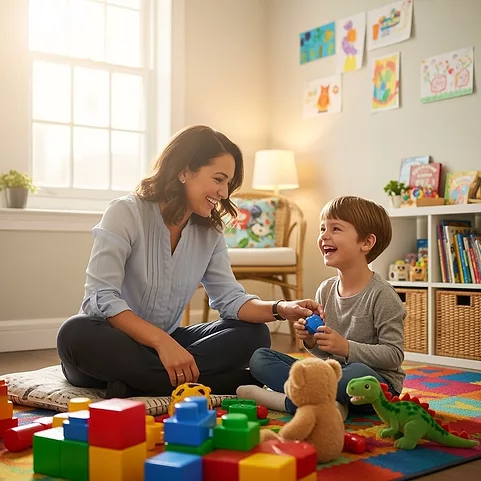To Prevent Depression in Teens, Teach About Change
Subject:
Depression
Short Description:
To Prevent Depression in Teens, Teach about Change
Background:
Transitioning to high school can be a tough time, and studies have shown that teenagers are increasingly likely to have symptoms of depression over the course of their freshman year of school. Now an intriguing study seems to show that a simple intervention can ease these symptoms quite effectively.
Researchers recruited 599 ninth-grade freshman students from three different high schools in northern California. The students were randomly assigned to participate in one of two classroom exercises during the first few weeks of school. In one group, 379 students were taught the “incremental” theory of personality, which holds that individuals have the potential to change. The students took part in a brief self-administered reading and writing activity intended to convey two messages: a) if you are excluded or victimized, it is not due to a fixed, personal deficiency on your part and b) people who exclude or victimize you are not fixed, bad people, but instead have complicated motivations that are also subject to change. In other words, people’s personalities can change and social adversities need not be permanent.
Conditions for the control group were the same, except those students learned about the malleability of athletic abilities, not personality theory.
When students were asked to self-report depressive symptoms nine months later, at the end of the school year, the students assigned to the intervention group showed no increase in symptoms, whereas those in the control group showed a 39% increase in negative mood, feelings of ineffectiveness, and low esteem. Thus, although the intervention did not actually treat depression, it slowed the normal increase in depressive symptoms during that first year of high school (Miu SE and Yeager DS, Clinical Psychological Science 2014;published online).
CCPR’s Take: While the intervention tested here was a didactic exercise taught to many students at once, you can teach the same basic messages to individual teens in the office, and it may help them gain a perspective that can ward off future depressive symptoms.
Related content:
Managing Video Gaming in Children and Teens
Newsletters
Please see our Terms and Conditions, Privacy Policy, Subscription Agreement, Use of Cookies, and Hardware/Software Requirements to view our website.
© 2025 Carlat Publishing, LLC and Affiliates, All Rights Reserved.


_-The-Breakthrough-Antipsychotic-That-Could-Change-Everything.webp?t=1729528747)



